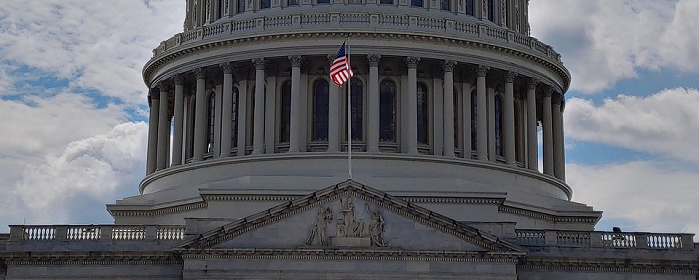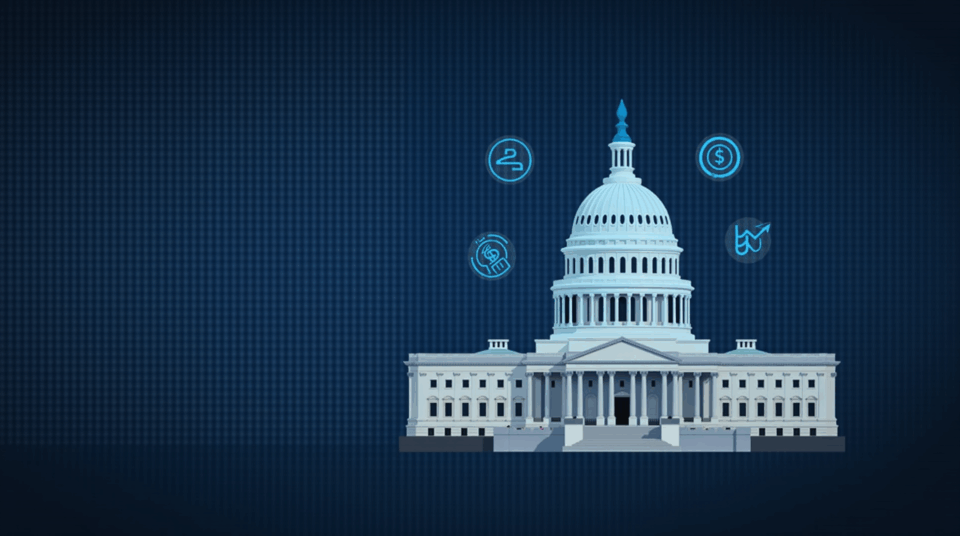- Congress returns with crypto asset rules at the center of public debate. The early focus includes stablecoins, how agencies divide authority, and the shape of market structure, and the choices made now will set the framework for exchanges, issuers and developers.
- Lawmakers and regulators face near-term decisions that will determine oversight, market rules and the balance between innovation and safety.
Stablecoins and consumer protection
Stablecoin regulation is likely to lead the agenda, addressing reserves, banking rules and stricter oversight. Legislators are debating what reserves stablecoin issuers must hold, what prudential requirements should apply and how to ensure transparency so users can trust the value and redeemability of these tokens. Policymakers seek to combine innovation-friendly approaches with protections against runs, fraud and systemic risk affecting consumers and broader financial stability.
Agency jurisdiction and enforcement
The division of power between the SEC and the CFTC is a central and contentious issue. Congress and both Houses are pushing proposals to clarify whether tokens are securities or commodities, and that boundary will determine which agency sets rules and enforces them, shaping investigations, enforcement actions and legal outcomes. Resolving jurisdictional uncertainty is crucial to reduce regulatory arbitrage and provide clearer compliance paths for market participants.
Market structure and trading rules
Lawmakers are also focused on market structure, including rules for direct trading, custody and official exchange listings. Discussions cover how platforms should handle custody of assets, the obligations of order books versus off-exchange trading, and standards for listing tokens to protect investors while enabling liquidity and innovation. The resulting framework will influence how exchanges operate, how assets are listed and how market integrity is maintained.
Political dynamics and lobbying
Crypto industry lobbying is intensifying while traditional finance groups push back, making the legislative path competitive and uncertain. Private sector actors—exchanges, stablecoin issuers and software firms—are increasing their efforts to shape outcomes, even as legacy financial institutions resist major changes that could shift market power. The pace of lawmaking suggests progress in months rather than weeks, but final outcomes will depend on political negotiation, regulatory rulemaking and public opinion.
Compliance, transparency and operational risk
New duties of transparency, independent audits and operational risk controls are likely to become standard requirements for issuers and platforms. Regulators and lawmakers are emphasizing governance, external attestations and robust operational controls to limit fraud, technical failures and misuse, and to preserve users’ access to funds. Meeting these compliance standards will be essential for market access and for protecting user assets against unfair or unsafe practices.

Conclusion
The return of Congress ushers in a pivotal period to define clear structures, resolve SEC–CFTC frictions and potentially formalize rules for crypto. Stakeholders should prepare for heightened rulemaking and enforcement, and for a regulatory environment that seeks to balance innovation with consumer protection and systemic safety. The decisions taken now will shape the long-term health and competitiveness of the U.S. crypto ecosystem.

